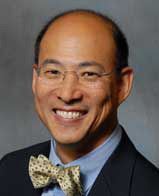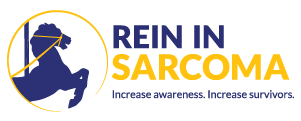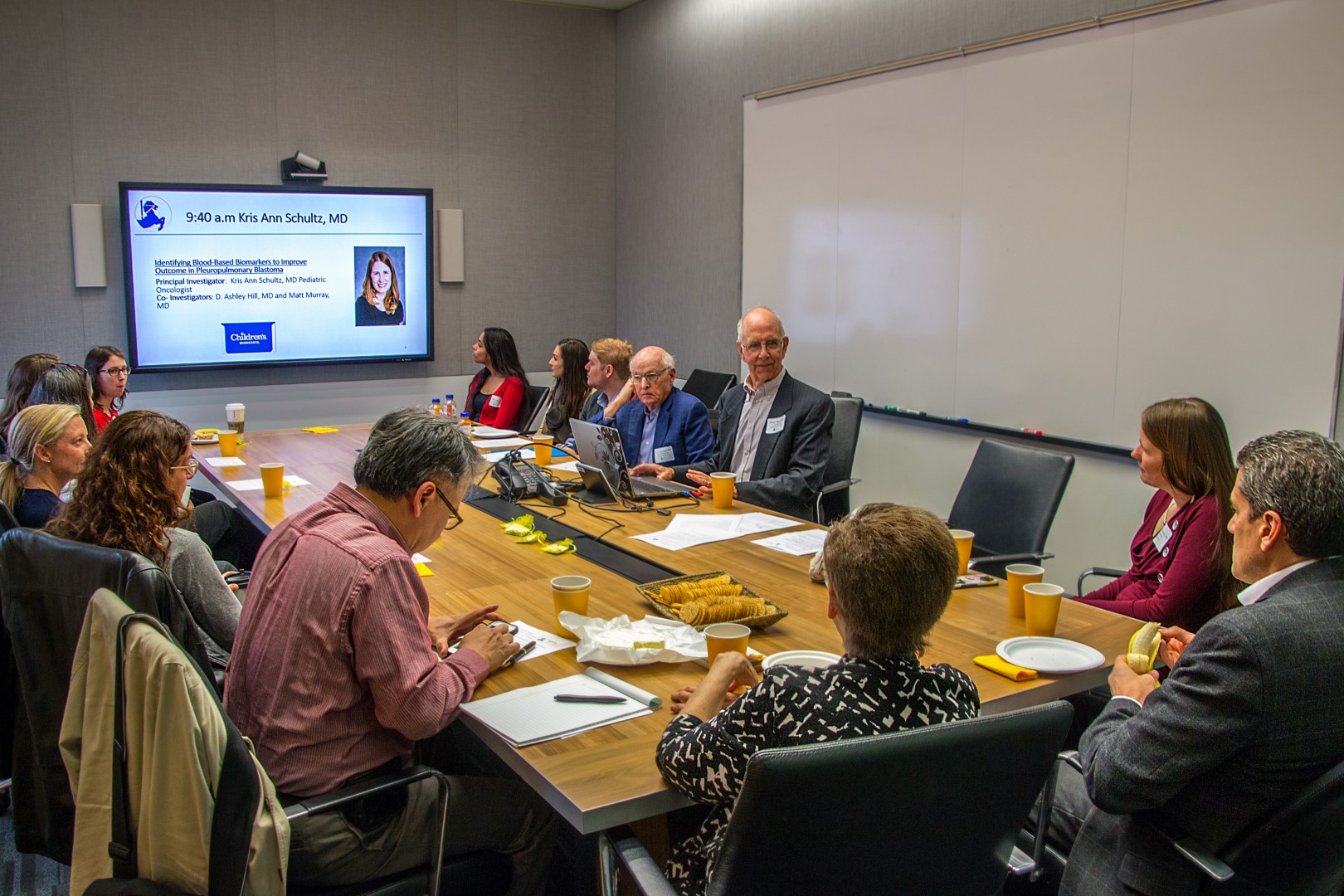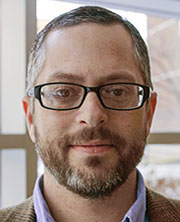
It is hard to watch patients die. Yet getting to know people who face cancer and seeing how they persevere can be gratifying and inspirational. Treating cancer patients helps keep University of Minnesota Professor and orthopaedic surgeon Dr. Ed Cheng grounded and provides him with perspective. Dr. Cheng considers it a privilege to be a physician, to have the opportunity to care for people every day. He also considers Karen Wyckoff to be a great example of how “you can make a difference. One person can make a difference.”
Dr. Cheng was not involved in Karen’s medical care. He knew that patients who are motivated can make a difference, however, and was intrigued by the opportunities her ideas presented. So when the University of Minnesota asked for a doctor to help out with the new organization, carried forward by her parents, he agreed. Dr. Cheng became a founding board member. It has been “quite exciting” to see Rein in Sarcoma grow. RIS has generated energy and enthusiasm at the University, money has been raised to support cancer research, educational materials have been created for doctors and patients, and a new website has been developed. RIS Dr. Cheng teaches surgery at 2010 Mini-Medical School really has been “instrumental in the care, management and support of patients who have this terrible disease, sarcoma.”
When asked how he became involved in the educational video prepared for patients facing amputation, Dr. Cheng said: “You know they say ideas are born out of necessity, and that was certainly the case here.” The life-changing effects of losing a limb are “so paramount,” patients need to sort through this over a much longer time frame than is available in an office visit. Patients need to understand not only the functional and logistical changes they can expect but also the psychosocial aspect of coping with the loss of their limb. They need to have this information provided in a way that is sensitive and compassionate. If doctors don’t provide help for patients going through this challenging process, they are missing the “art of medicine.” One way to help patients is by hearing and learning from others who have gone through similar experiences.
But when Dr. Cheng set out to look for resources to share with his patients, he couldn’t find them. He identified this as an unmet medical need and decided to ask RIS for funding to help create materials. RIS did award funding, and Dr. Cheng led the efforts to make a video including interviews with adults who have undergone major surgery and limb amputation. He personally found the movie clips inspirational to watch. He learned things he had not known about what people experience, and he has incorporated this knowledge to help his discussions with new patients.
Video for Cancer Patients Facing Amputation
The intent of the video was to help as many people as possible, so it is posted on YouTube as well as the websites of the University’s Cancer Center Sarcoma homepage and Rein in Sarcoma. With time, more and more people are watching the clips, some from places far away.
Those who’ve been involved in making the movie have noted the gratification of knowing that they’ve helped people elsewhere, some of whom they haven’t even seen. “So we have to say thank you to KWRISF,” Dr. Cheng added, “because without them we would not have been able to do it.” Another RIS-funded video is in process to address children’s experiences.
Dr. Cheng always wanted to be a doctor, since he was a boy in elementary school. He received his Medical Degree from Northwestern University in 1983 and did a General Surgery Residency there. He moved to Harvard, where he completed an Orthopaedic Surgery Residency in 1989 and Fellowships in Orthopaedic Oncology and Pediatric Orthopaedic Oncology in 1990. Also in 1990, Dr. Cheng joined the University of Minnesota faculty. He has practiced here ever since.
From time to time, of course, Dr. Cheng does leave the state. For example, this was his second year traveling to Mongolia as a medical missionary, as part of his ministry through the Christian Medical & Dental Society. Dr. Cheng felt called to a broader mission, beyond his practice here, and wished to offer this service in Christ. He had the opportunity to consult with physicians in Mongolia and help care for their patients. He found it rewarding to educate doctors about cancer treatments and complex joint replacements and to help them build their infrastructure. “This is not giving them a fish, but teaching them to fish,” which may leave a lasting legacy. And through the wonders of electronic communication, Dr. Cheng can continue to consult with physicians there, even from his place in Minnesota.
Dr. Cheng loves his work as a physician. “How many people have the chance to help someone out all the time?” he asked. Every day, he gets to “see all these stories” and meet new people. He also has the chance to teach other doctors. And one never knows what else may come along. “RIS just popped up,” he said, and “look what it’s become.” Dr. Cheng would encourage young people who are interested to consider this career. He also would encourage people to “have confidence in knowing that if you think big, you can make a difference.”
By Christin Garcia


